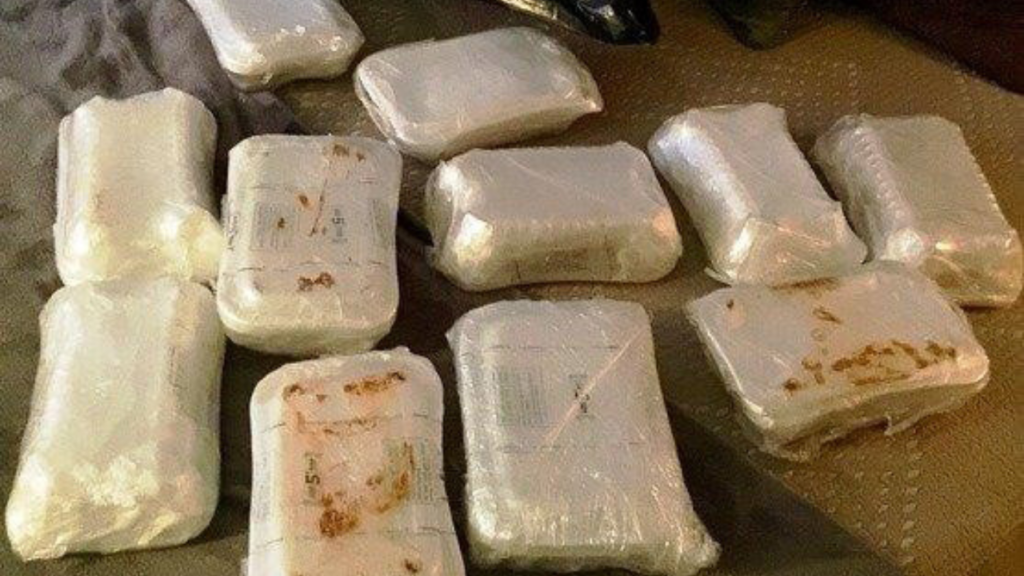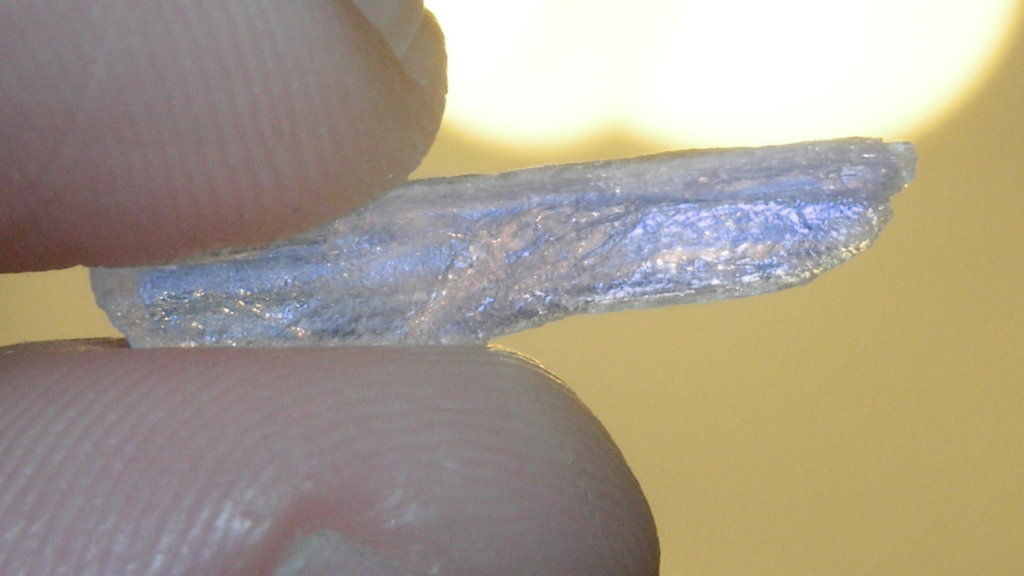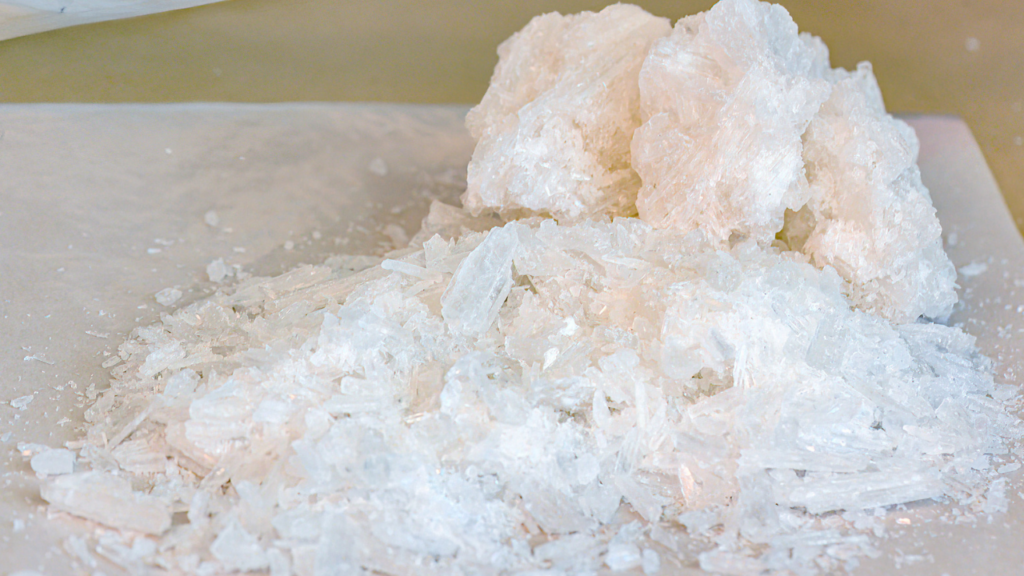Meth use can have devastating effects on the body, with skin problems being one of the most visible and distressing symptoms. Understanding these skin issues and knowing how to properly treat them is crucial for health and recovery.
Understanding Meth’s Impact on Skin Health
Meth affects the body in multiple ways that can severely damage skin integrity. The drug constricts blood vessels, reducing blood flow to the skin and limiting its ability to heal. This decreased circulation, combined with meth’s toxic components, creates a perfect storm for skin problems.
Common areas affected include:
- Face and neck
- Arms and hands
- Chest and shoulders
- Any area accessible for picking or scratching
Types of Meth-Related Skin Problems
Chemical Burns and Acne-Like Sores
The caustic chemicals in meth can directly damage skin tissue, creating painful burns and eruptions that resemble severe acne. These sores often appear shortly after use and can worsen with continued exposure.

Track Marks and Injection Sites
Individuals who inject meth may develop distinct marks along veins, which can become infected or develop into abscesses. These areas require particular medical attention to prevent serious complications.
“Meth Mites” and Formication
Many meth users experience formication—the sensation of insects crawling under their skin. This hallucination often leads to excessive scratching and self-inflicted wounds, creating open sores that are prone to infection.
Secondary Infections
Open sores combined with decreased immunity make users particularly vulnerable to bacterial and fungal infections. These can range from surface-level skin infections to deep tissue involvement requiring immediate medical intervention.
Professional Medical Treatment Approaches
Initial Assessment and Wound Care
Medical professionals typically begin with a thorough assessment of:
- Wound depth and severity
- Signs of infection
- Overall skin condition
- Presence of foreign materials
Professional Treatment Methods
Healthcare providers may employ:
- Medical-grade cleaning solutions
- Prescription antibiotics when necessary
- Professional debridement of dead tissue
- Specialized dressing techniques

When to Seek Emergency Care
Immediate medical attention is necessary if you notice:
- Fever or chills
- Red streaks extending from wounds
- Significant swelling or warmth
- Pus or foul-smelling discharge
- Wounds that won’t heal
The Recovery Process
Timeline for Healing
Skin recovery varies depending on:
- Severity of wounds
- Overall health status
- Length of meth use
- Quality of medical care
- Commitment to staying drug-free
Supporting Skin Health During Recovery
Proper nutrition and hydration play crucial roles in skin healing. Key nutrients include:
- Protein for tissue repair
- Vitamin C for collagen production
- Zinc for wound healing
- Adequate water intake
The Connection to Addiction Recovery
Treating skin problems without addressing the underlying addiction is like putting a bandage on a deep wound—it may provide temporary relief but won’t solve the core issue. True healing requires comprehensive treatment that addresses both physical and psychological aspects of meth addiction.
The Bluffs Approach to Comprehensive Care
At The Bluffs Addiction Campuses, we understand that skin healing is just one component of recovery. Our treatment program includes:
- Medical supervision during detox
- Wound care and skin health monitoring
- Nutritional support and guidance
- Behavioral therapy to address picking and self-harm
- Long-term recovery planning
The Importance of Professional Support
While basic wound care knowledge is helpful, professional medical treatment is essential for several reasons:
- Proper assessment of wound severity
- Prevention of complications
- Access to prescription medications when needed
- Monitoring of healing progress
- Integration with addiction treatment
Taking the First Step Toward Healing
Complete skin recovery is possible, but it requires more than just treating the surface symptoms. True healing begins with addressing the root cause—meth addiction. At The Bluffs, we provide comprehensive care that treats both the physical and psychological aspects of meth addiction.
Don’t let fear or shame prevent you from seeking help. Our experienced medical team understands the challenges you’re facing and is ready to support your recovery journey with compassion and expertise.
Take the first step toward healing—both inside and out. Call The Bluffs today at 330-919-9228 to speak with our caring admissions team about our comprehensive treatment programs. Your path to recovery can begin right now.








